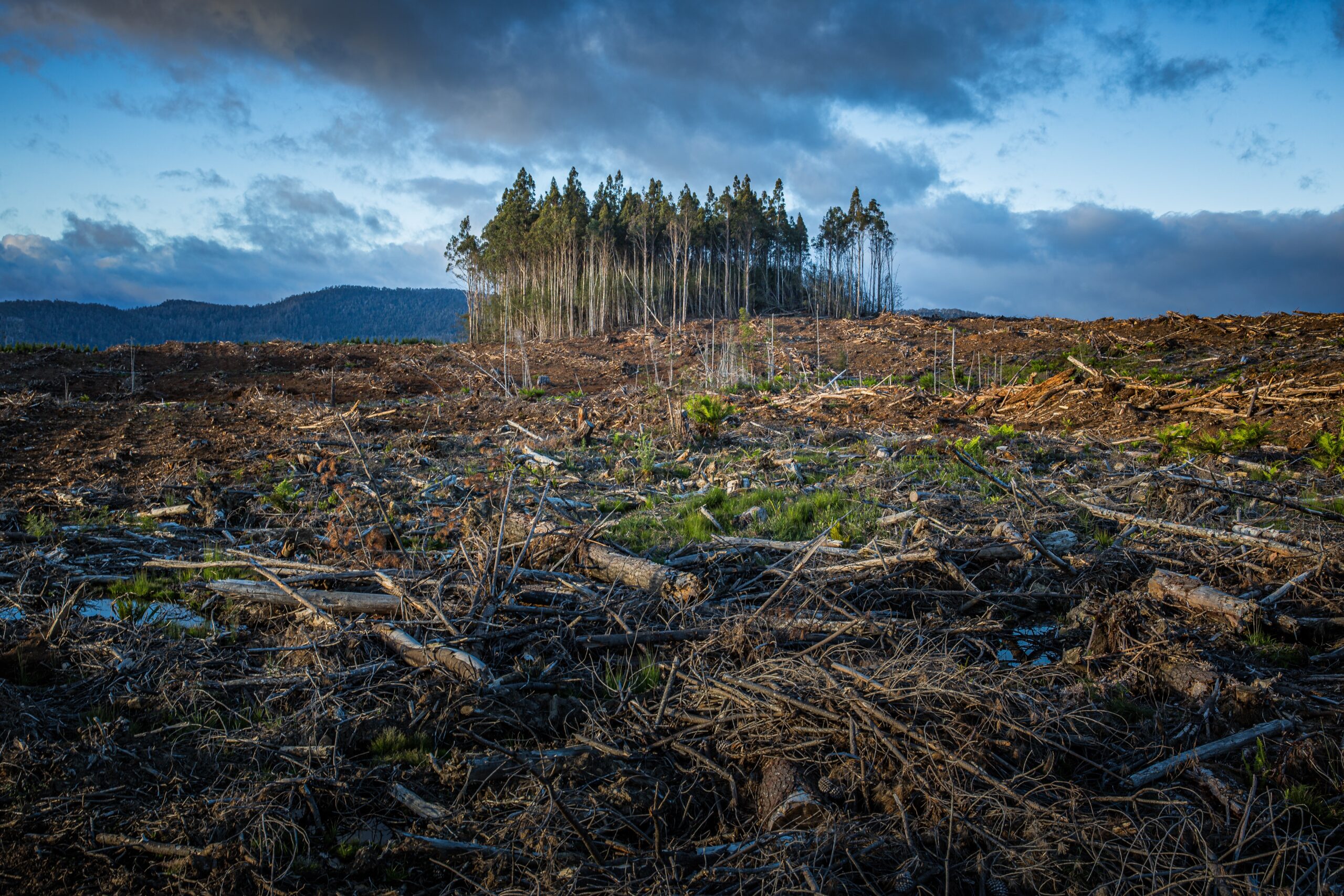The concept of nature is ever-changing alongside advancement in human civilization. It is a subjective experience of the environment shaped by those who came before us. Each generation views nature differently due to the dynamic state of the world. However, gradual urbanization has led to a perception of nature which is detached from reality.
It’s likely that at some point in your life, you have heard members of an older generation scorn a younger generation for its new and different lifestyle or values. The “kids these days” effect, or the idea that the present generation is deficient or inferior to previous generations, has been dated back to approximately 600 B.C. in Ancient Greece. The effect can be largely credited to a psychological phenomenon called generational amnesia, which describes the concept where people forget that their behaviors and attitudes have changed throughout their lifetime but believe that these attributes are fixed in younger generations.
Researchers believe that the pervasiveness of complaints about ‘kids these days’ across millenia suggests that “these criticisms are neither accurate nor due to the idiosyncrasies of a particular culture or time – but rather represent a pervasive illusion of humanity.” Each generation experiences a world created by the actions of their predecessors and conflates this as a fixed model of how the world should be. However, the world and society are not fixed in this way. Exponential technological advancement and population growth has made it nearly impossible to keep any aspect of the world the same as it once was.
Psychologists are studying a form of this “amnesia” phenomenon that pertains to our perception of the environment. Dr. Peter Kahn, a professor of psychology at the University of Washington, researches the correlation between urbanization and human perception of the environment. In his 2017 research article The Importance of Children Interacting with Big Nature, Kahn focuses on the notion that as cities expand and natural spaces shrink, the normalization and acceptance of environmental degradation increases. Kahn uses the phrase “environmental generational amnesia” to describe the idea that every generation considers the environmental status that they grew up in, regardless of pollution levels or urbanization, as the natural norm.
One example of this idea is our relationship with greenspaces, including parks, gardens, forests, and other natural spaces. Currently half of the world’s population lives in cities where they have little or no access to greenspaces. According to the United Nations International Children’s Emergency Fund (UNICEF), over 1.5 billion children grow up in communities where these spaces are unavailable. As this number is expected to rise in the coming years, the idea of guaranteed, accessible green space could soon seem unusual as people forget how accessible and abundant they once were.
The overharvesting and gradual extinction of species provides another great example of environmental generational amnesia. In the mid 1990s, a marine scientist named Daniel Pauly noticed an overall acceptance within the general public of the steady decline of fish stock over a span of several generations. According to the Living Planet Index, which is a global diversity database created by the World Wildlife Fund for Nature and the Zoological Society of London, freshwater fish populations have decreased over 75 percent globally between 1970 and 2016. Pauly coined this acceptance as “shifting baseline syndrome” defined as the “gradual change in accepted norms for the condition of the natural environment due to lack of experience, memory and/or knowledge of its past condition.”
Shifting baseline syndrome is related to the psychological concept of change blindness, which is when a stimulus change goes unnoticed by the observer either due to visual distractions or because the changes are so gradual that they blend into one another. The issue with this is that even gradual changes can snowball into large consequences.
Psychologists and environmental scientists believe that the ideas of generational amnesia and change blindness can be used to explain why the general public seems apathetic and unmotivated to address climate change. It appears as though many people have fallen into the complacency of “this is just how it is.”
The normalization of pollution and climate change can be observed with the acceptance of events such as “bad air days,” where air quality is so poor that students either receive a day off from school or are prohibited from going outside. These occurrences have become so frequent that some state governments, including Utah and California, published air quality guidelines in the early 2000s based on the levels of particulate matter in the air in order to decide when it is no longer safe to have the children outside for recess. However, instead of sparking concern about excessive pollution and environmental damage, this term has become normalized so that it is almost comparable to a snow day for these newer generations.
Kahn believes that the cure for environmental generational amnesia involves expanding children’s interactions with “big nature”, which he calls nature in its untamed state. This includes creating a curriculum with schools designed to educate young children about the importance of the environment and to strengthen their relationship with the natural world. Since declining environmental experiences remains the main source of environmental memory loss, making efforts to build connections with nature at a young age allows us a chance to overcome the inclinations of our psyche.
Sources
Eckart, K. (2017, November 15). What counts as “nature”? It all depends. Retrieved April 11, 2022 from https://www.sciencedaily.com/releases/2017/11/171115124514.htm#:~:text=Summary%3A,or%20polluted%2C%20as%20the%20norm
Fisher, R. (2021, June 24). Generational amnesia: The memory loss that harms the planet. Retrieved April 2, 2022 from https://www.bbc.com/future/article/20210623-generational-amnesia-the-memory-loss-that-harms-the-planet
Gabrielson, P. (2020, October 9). School absences correlate to impaired air quality. Retrieved April 20, 2022 from https://www.sciencedaily.com/releases/2020/10/201009131424.htm
Gaimo, C. (2020, September 16). Is there an antidote to shifting baseline syndrome? Retrieved April 20, 2022 from https://www.anthropocenemagazine.org/2020/09/is-there-an-antidote-to-shifting-baseline-syndrome/
Kahn, P.H., et al. (2018). The importance of children interacting with big nature. Retrieved April 10, 2022 from https://naaee.org/eepro/research/library/importance-children-interacting-big
Lovgren, S. (2020, July 27). Many freshwater fish species have declined by 76 percent in less than 50 years. Retrieved April 20, 2022 from https://www.nationalgeographic.com/animals/article/migratory-freshwater-fish-decline-globally
National Institute of Health. (2011, July). Bad Air Day: Air Quality and Your Health. Retrieved April 19, 2022 from https://newsinhealth.nih.gov/2011/07/bad-air-day
Pearce, R. (2020, June 19). Are You Suffering From Shifting Baseline Syndrome? Retrieved April 18, 2022 from https://earth.org/shifting-baseline-syndrome/#:~:text=Simply%20put%2C%20Shifting%20Baseline%20Syndrome,knowledge%20of%20its%20past%20condition‘.
Utah Department of Environmental Quality. (2022). Air Quality: Recess Guidance Protects Kids During Poor Air Quality Days. Retrieved April 23, 2022 from https://deq.utah.gov/air-quality/air-quality-recess-guidance-protects-kids
Wilkening, B. (2016, October 8). Battling Environmental Generational Amnesia. Retrieved April 15, 2022 from https://www.climategen.org/blog/battling-environmental-generational-amnesia/

